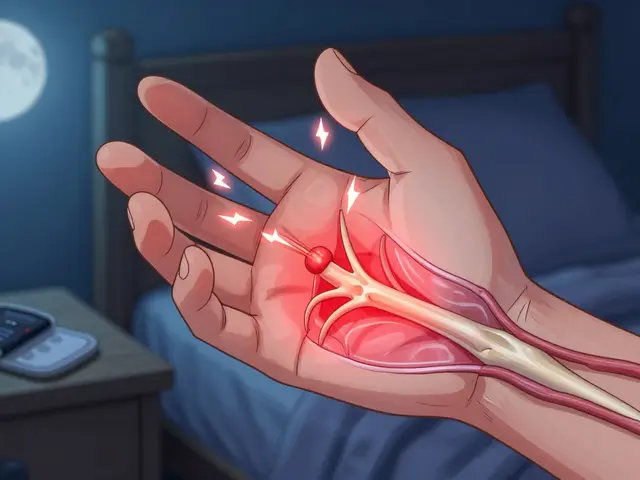Polysaccharides: How These Long-Chain Carbs Help Your Gut, Immunity, and Meds
Polysaccharides are long chains of sugar molecules found in foods, fungi, and seaweed. Your body doesn’t digest many of them directly; instead, gut bacteria ferment them and produce short-chain fatty acids that feed your colon and calm inflammation. That simple switch—from ‘fiber in food’ to ‘fuel for good bacteria’—explains a lot of why polysaccharides matter.
Food sources & simple ways to use them
Want practical sources? Oats and barley are rich in beta-glucan, the soluble fiber that helps slow glucose spikes after meals. Mushrooms (like shiitake and maitake) also supply immune-active polysaccharides. Sea vegetables—kelp, wakame, and other brown seaweeds—contain fucoidan and other unique polysaccharides. Don’t forget plants: psyllium husk, legumes, and some root vegetables add bulk and feed your microbiome.
How to add them: swap white rice for barley or oats, stir powdered mushroom extract into soups, use psyllium in smoothies if you need more fiber, and try seaweed snacks occasionally. Start small—many people get bloated if they suddenly triple their fiber intake. Add a serving or two a day and give your gut a week or two to adapt.
Supplements, effects, and safety tips
Supplement options include concentrated beta-glucan, fucoidan extracts, mushroom polysaccharide blends, and psyllium. These can be useful if your diet lacks variety, but quality varies. Choose products from brands that publish ingredient amounts and third-party testing. If you’re using supplements to target immunity or blood sugar, expect gradual benefits over weeks rather than instant results.
Some safety points: polysaccharide-rich foods and supplements can slow absorption of sugars and some medications. To avoid interactions, take prescription meds at least one hour before or two hours after a high-fiber supplement. If you take blood sugar meds, monitor levels more closely when increasing fiber. People with autoimmune diseases or on immune-suppressing drugs should check with their doctor before taking immune-stimulating mushroom extracts or concentrated fucoidan.
Common side effects are mild: gas, bloating, or looser stools while your microbiome adjusts. Severe reactions are rare but stop a product and see a clinician if you get unexplained rash, breathing trouble, or signs of an allergic reaction.
Quick checklist: pick whole foods first (oats, beans, mushrooms, seaweed), add supplements only when needed, increase fiber slowly, separate supplements and meds by a couple of hours, and talk to your healthcare provider if you have diabetes, immune conditions, or take many prescriptions. Want targeted suggestions? Check our guides on mushroom extracts and dietary supplements to compare products and find safe options for your situation.
Polysaccharides aren’t a miracle cure, but they’re a simple, low-risk way to support gut health and immune resilience when used sensibly.
Iceland moss is getting serious attention for its unique blend of immune-boosting polysaccharides and antioxidants. Traditionally used across the Nordic countries as a remedy for coughs and chest discomfort, this lichen now has modern research to back up the old wisdom. Dive deep into what makes Iceland moss tick, how the Vikings used it, and whether those natural compounds truly keep colds and infections at bay. Learn practical ways to use Iceland moss at home and get tips on choosing the best supplements. Discover why this ancient remedy deserves a spot in your wellness routine.
View Details

